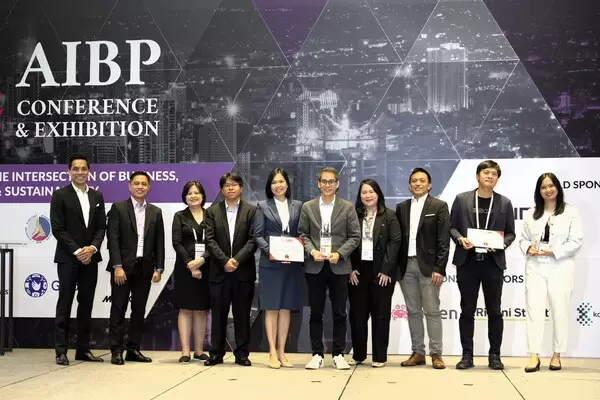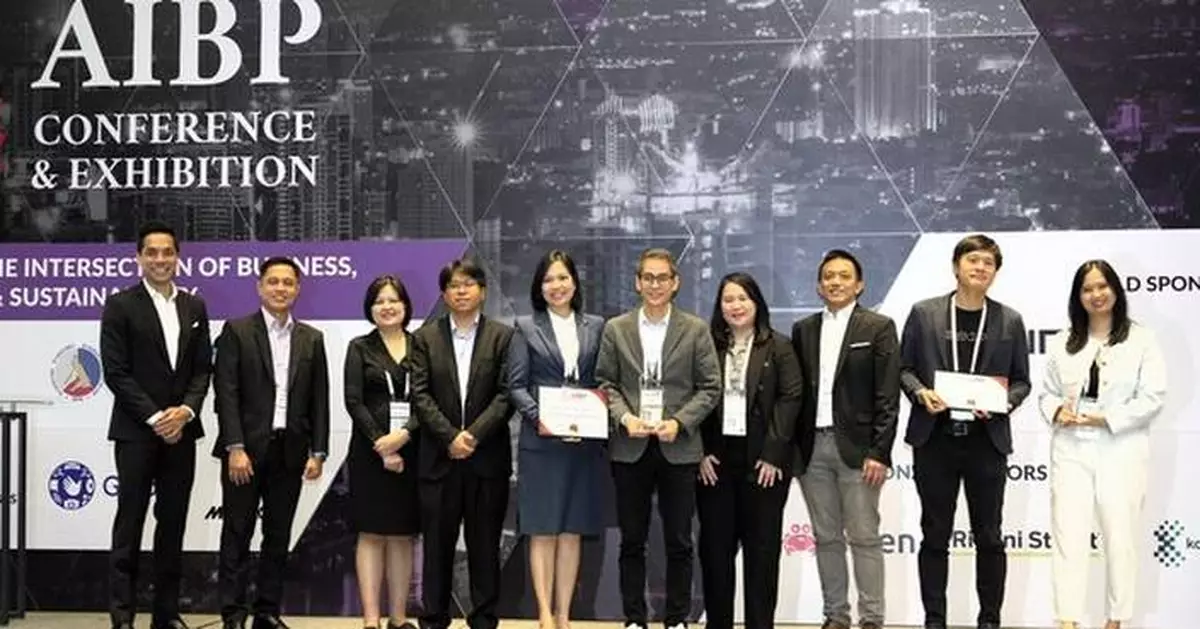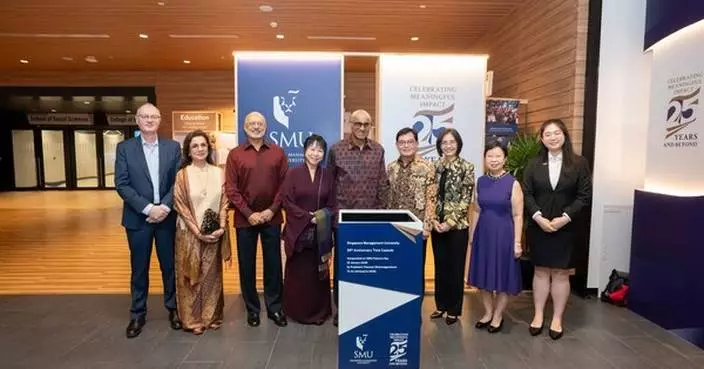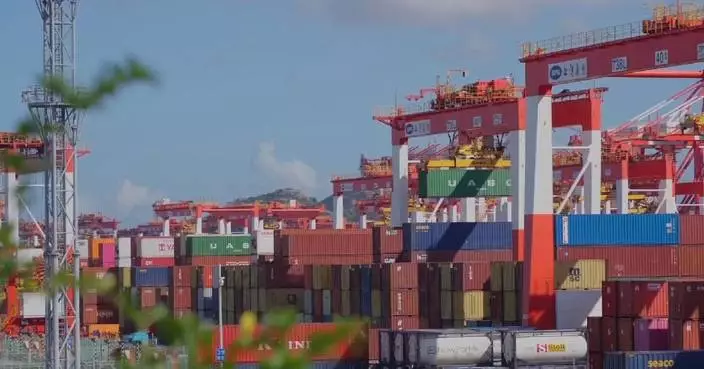MANILA, Philippines, Sept. 18, 2024 /PRNewswire/ -- The annual ASEAN Innovation Business Platform (AIBP) Enterprise Innovation Awards received 113 submissions from public and private organisations throughout Southeast Asia, out of which 56 projects were selected as finalists. Since 2017, the awards have aimed to recognise Southeast Asian-based organisations that have embarked on projects to digitally transform their businesses through the adoption of innovative technology.
Notably, more than 40% of submissions involved some aspect of artificial intelligence (AI) or machine learning (ML). Many organisations in Southeast Asia, particularly consumer-facing businesses, are exploring the use of AI/ML. The recent rise of generative AI has opened up a range of questions about the utility of this technology.
Globe and Meralco emerged as the winners from the Philippines for the Data and AI category and the Open category, respectively, and received their awards at the AIBP Conference and Exhibition, held on 17 - 18 September, at the City of Dreams, Manila..
Endorsed and supported by the Department of Information and Communication Technology (DICT), and the Department of Science and Technology (DOST), the event spotlighted advancements in Philippines' digital landscape while addressing the challenges faced by local enterprises and public service organisations in adopting digital transformation.
Globe's winning project, the Next Best Offer (NBO) platform, an AI-powered machine learning engine, has transformed the company's approach to personalised marketing campaigns.The NBO platform, developed in-house by Globe's analytics team, utilises contextual bandit reinforcement learning to analyse hundreds of customer behaviour attributes and offer characteristics. This allows Globe to deliver the right message, at the right time, through the right channel for each individual customer. During its initial implementation, NBO demonstrated remarkable results. For retention campaigns, NBO saw a 304% lift in efficiency compared to legacy campaigns. In grow/upsell campaigns, NBO achieved a 317% increase in offer takeup. Globe Telecom's customer-focused digital transformation strategy reinforces its leadership in the Philippine telecommunications sector. Globe's market capitalisation stands at USD 5.75 billion (PHP 324 billion), with over 54.7 million mobile subscribers and a presence across the Philippines.
Meralco's winning project, the Certified by Meralco (CBM) platform, is the first workflow and standards-based solution aiming to transform the service application experience for customers. Following its commercial launch the platform saw rapid adoption, with 94% of the 10,910 service requests processed over a period of two months initiated by Certified by Meralco (CBM) contractors. Average processing time remained consistent at 11.7 days, surpassing the contractors' Service Level Agreement (SLA) of 18 days. In the first half of 2023, 92% of the 40,249 total service requests were initiated by CBMs, demonstrating the platform's success in streamlining processes and enhancing efficiency. Celebrating 121 years of service in 2024, Meralco is the largest private sector electric distribution company in the Philippines with a 17,000-strong workforce. Meralco is committed to providing reliable and affordable energy while advancing its ambitious renewable energy goals and promoting diversity and its market capitalization stands at USD 8.17 billion (PHP 462 billion).
Globe and Meralco join the list of illustrious past winners, including Megaworld Corporation, MWell by Metro Pacific, Aboitiz Equity Ventures, Ayala Land, Maynilad Water and RCBC among others
About ASEAN Innovation Business Platform (AIBP)
AIBP serves as an avenue for public and private organisations in Southeast Asia to access information about enterprise growth and innovation. With a current network of over 30,000 stakeholders in Southeast Asia, AIBP continues to develop ecosystems by engaging in activities which create value-adding information for our stakeholders seeking to make transformative impacts within their organisations. For additional information about AIBP, please visit www.aibp.sg
** The press release content is from PR Newswire. Bastille Post is not involved in its creation. **

Globe and Meralco Win 2024 ASEAN Enterprise Innovation Award, Highlighting Advancements in Customer-Centric AI and Streamlined Service Applications





















































